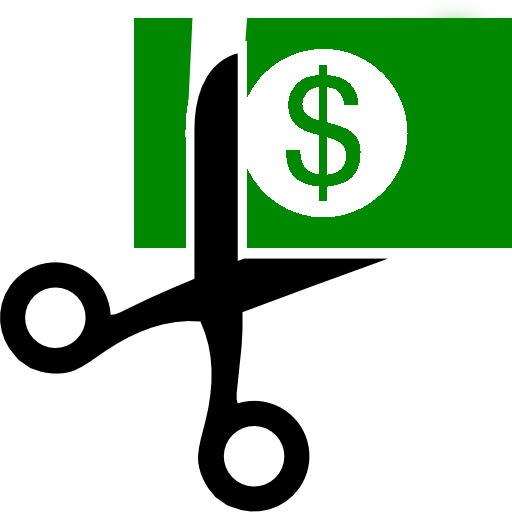Should Bedford Invest in Financial Education?

Finally, it’s lunchtime!
You gleefully hop to the cafeteria, wait in line for your pasta, grab a bag of SunChips on instinct, and head over to check out your food. You scan your lunch card, and-
“You’re out of money.”
“Huh?”
“You can still purchase this meal for now, but just tell your parents to put more money into your account once you get home.”
“Okay. Thanks!”
As you walk over to your table, you can’t help but try and add up all the orange juice, salad, and muffins that you’ve bought since your last lunch money restock a few months ago. Besides, how were you supposed to know how much you were spending?
It’s not like there are price labels on the cafeteria lunch items anyway.
While financial education and economics classes are offered in Staples, it seems that essential money principles would be better taught at a young age. So should Bedford be investing in economics classes? Or is it not worth the cost?
Well, according to a study on teens and financial classes from the National Endowment for Financial Education, learning about money is extremely useful for teenagers. In fact, there was an 18% increase of students who saved and set aside money before and after some teens took a financial planning course. Bedford students constantly go into town with friends to shop and buy themselves things with allowance money, so the fact that they understand how to save and spend their money efficiently is essential, especially as some are about to enter high school.
Bedford students have agreed that a class on finance and how to use your money effectively would be quite helpful. 8th grader Rachel Pontorerio remarks that “schools should be teaching us about [financial planning] instead of other useless stuff we don’t need”. Rachel makes some good points, considering that in high school and onwards, it would likely be more useful to learn about how to spend and save your cash efficiently than basic trigonometry principles.
8th grader Lana Diggen believes that “it would be a good idea… you could invest in stocks and get more money.” Ursus has covered several ways students are using money at our age, including stock investing and cryptocurrencies.
Considering the surprising rise in popularity for investing at our age, a class on finance would be even more helpful for those looking to gain knowledge on the stock market and other economic terms and subjects.
With more financially knowledgeable students, certain scenarios such as a run-out of cafeteria money would make students less confused; and make the running-out of money less likely, as the students would spend more efficiently.


